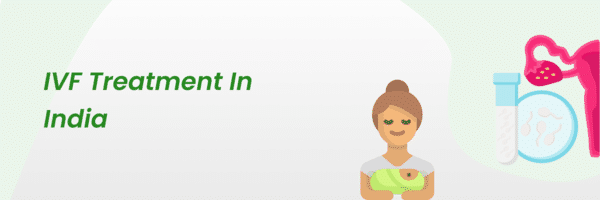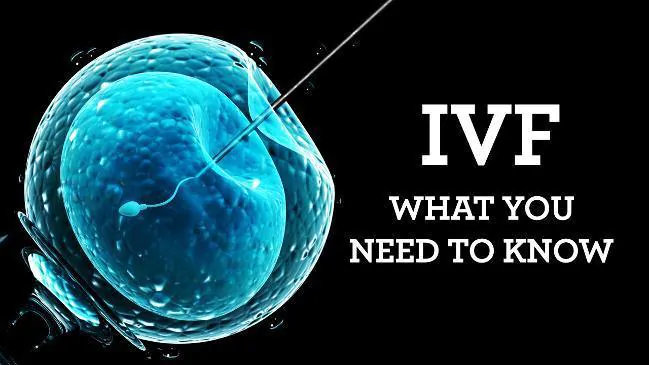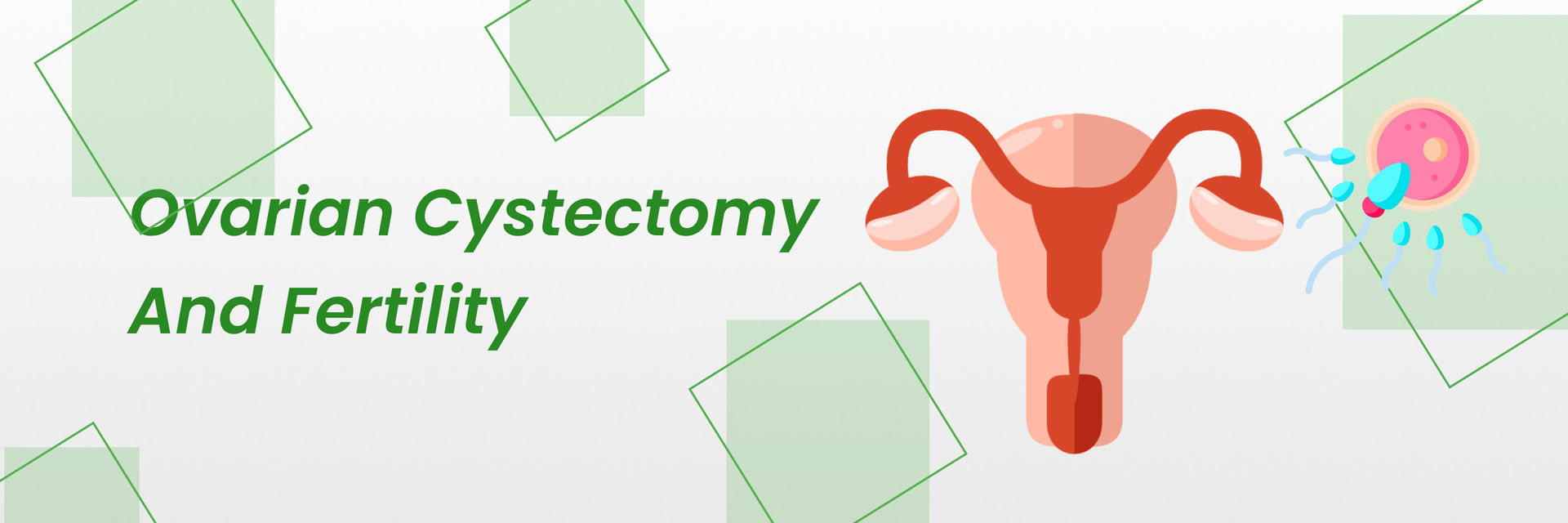Every 1 out of 7 couples is infertile. Infertility occurs when a couple cannot have a baby even after having unprotected sex for more than one year. In almost half of the cases, male infertility is a partial or complete cause.
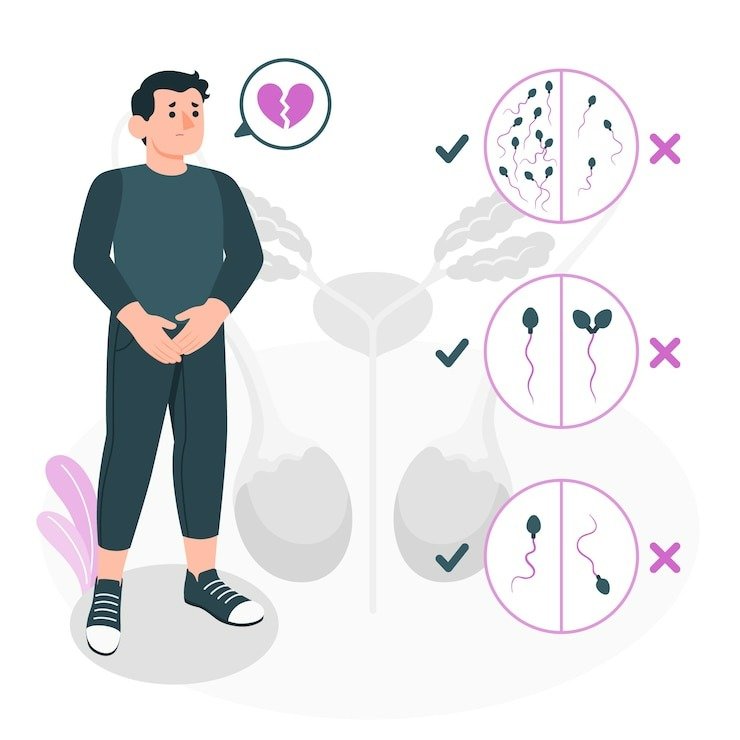
There are various reasons that can cause male infertility. It includes:
- Low sperm production
- Abnormal sperm function `
- Blockages
Your health is too important to ignore – Schedule your appointment now.
Lifestyle choices, illness or injuries are some of the prime causes of male infertility. Male infertility can be frustrating, but there are various treatments for it.
Male infertility is often neglected because when a couple is infertile, it is the woman who is considered infertile.
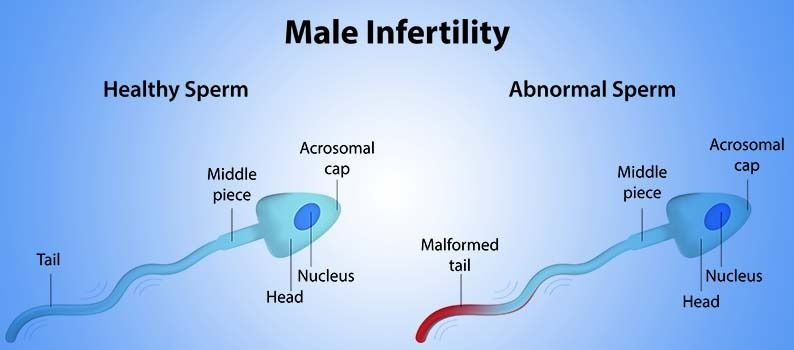
In this article, we are going to discuss how one can use IVF for male infertility. Read on till the end for valuable insights!
IVF and male infertility: How to use IVF for men?
For men with infertility issues, IVF can be used with the help of sperm retrieval procedures. This process involves obtaining sperm from a male partner. Various methods are used for the same, such as:
- Testicular Sperm aspiration (TESA)
- Testicular Sperm Extraction (TESE)
- Micro Epididymal Sperm Extraction (MESE)
- Microdissection TESE
After retrieving the sperm they are used in the IVF process. The female partner undergoes ovarian stimulation to produce multiple eggs. Those eggs are retrieved and fertilized with sperm in the laboratory. After fertilization, the embryo is allowed to develop for a few days in the laboratory. Then it is implanted into the female’s uterus.
Let's look at the scope of IVF for male fertility! Keep reading to get a lot of valuable insights!
IVF for male infertility: How is it as a treatment option?
IVF can be an effective treatment for male infertility. It is effective, particularly in cases where the infertility issues are with:
- Low sperm quality
- Low sperm count
- No sperm is present in the semen
If the sperm count is too low for IUI, then IVF for male infertility can be a highly effective treatment option.
It's time that we look into the various kinds of IVF for male infertility. Read on to learn more!
What type of IVF can be used for male infertility?
When the man has issues with the sperm, it becomes difficult for the couple to conceive naturally. IVF can be a successful treatment for male infertility. The most common type of IVF technique used in cases of male infertility is intracytoplasmic sperm injection (ICSI).
ICSI involves injecting a single sperm directly into an egg in the laboratory. This facilitates fertilization.

This technique is helpful when infertility issues include:
- Poor quality sperm
- Low quantity of sperm
- Poor sperm motility
IVF with ICSI has been successful for couples dealing with male factor infertility. This is the hope of those who are struggling to conceive naturally.
IVF can be a costly and emotionally challenging process. But, it is worth considering for couples who are unable to conceive through other means.
See the comparison of IVF with other treatment options below! This will help you make informed decisions.
IVF vs other infertility treatment options: Comparison
There are several treatment options for male infertility. The best option for a particular couple can be decided upon after knowing the underlying issue. But IVF is one of the best treatments for many infertility issues. Here is a comparison of IVF with other treatment options for men:
| Intrauterine Insemination | Sperms are retrieved, washed and concentrated in a lab. Those sperm are then placed directly in the female uterus. This technique is helpful for couples where the man has mild to moderate male factor infertility. However, as compared to IVF, IUI has lower success rates in cases of severe infertility issues. |
| Donor sperm | This technique is used when the male has no sperm or the quality of the sperm is very poor. In such cases, donor sperm can be used for IUI or IVF. |
| Surgery | Surgery is an option if the cause of infertility is blockage or injury. However, these are successful in very specific cases and success rates vary widely. In most cases, IVF for male infertility is effective and highly successful. |
| Lifestyle changes | Sometimes making a few lifestyle changes also helps. Like quitting smoking or alcohol consumption quitting can improve sperm count and quality. However, this process is effective in the long term, and takes time to show results. |
Your well-being is our priority - call us to book your appointment today.
What is the success rate of IVF for male infertility?
The success rates of IVF for male infertility vary depending on various factors. Those factors include:
- Age of the female partner
- Cause and severity of male infertility
- Quality of embryos produced
The success rates for IVF with ICSI in cases of male infertility are comparable to those of standard IVF, which range from 20-40% per cycle.
However, you should keep in mind that success rates also greatly depend on the clinic, doctor, and treatment protocol used. Also, multiple cycles of IVF may be needed to achieve a successful pregnancy. Moreover, the cost can also be a barrier for some couples. IVF for male infertility is one of the most suitable treatment options. But the couples should have a realistic understanding of the success rates, costs involved, and emotional and physical demands of the process.
Is IVF good for low sperm counts?
IVF for male infertility, in cases where the man’s sperm count is low and is of poor quality, is a very effective treatment. IVF when coupled with ICSI can improve the chances of success further. These techniques bypass some of the barriers, like poor sperm count, quality, and motility. It can significantly increase the chances of successful fertilization and pregnancy.
IVF with ICSI is often used for severe male factor infertility. It is important to note that success rates can vary depending on individual factors. These factors include the age of the female and quality of the embryos produced. Also, multiple IVF cycles can be required to achieve a successful pregnancy.
Take charge of your health and your life. Contact us today!
References:
https://www.hopkinsmedicine.org/health/treatment-tests-and-therapies
https://www.midwestreproductive.com/male-infertility/
https://my.clevelandclinic.org/health/diseases/17201-male-infertility

